Loading...


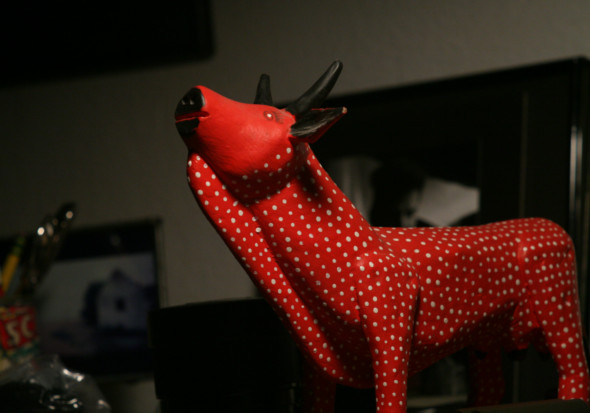
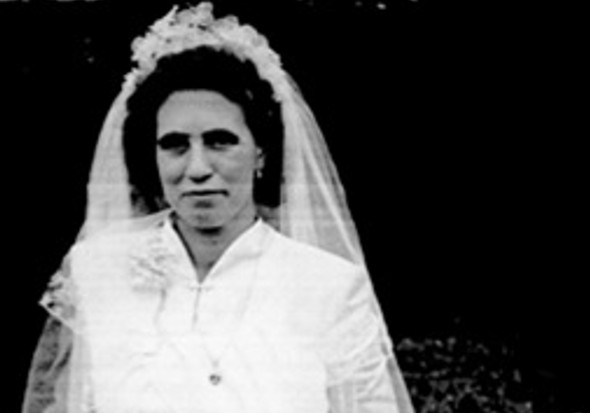


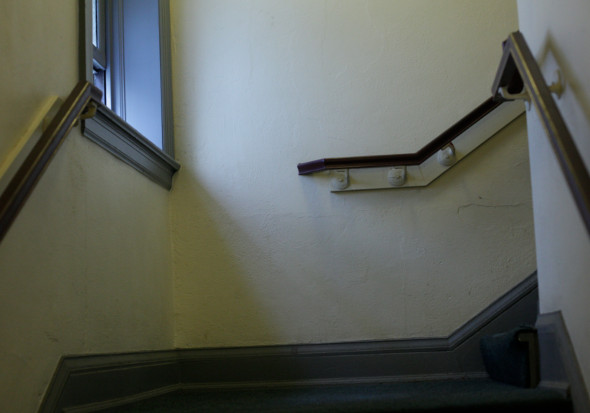
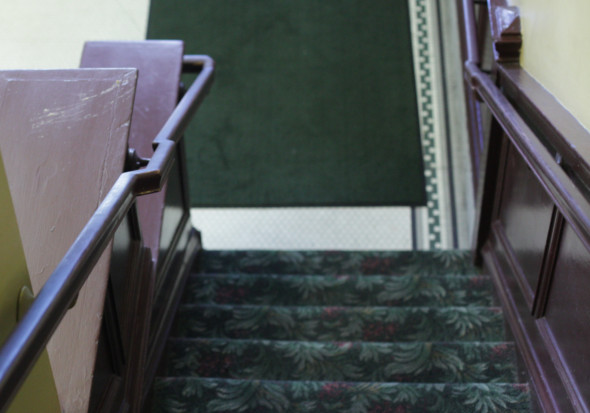


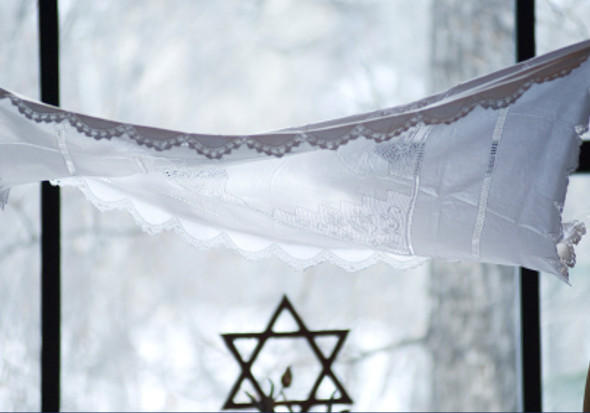
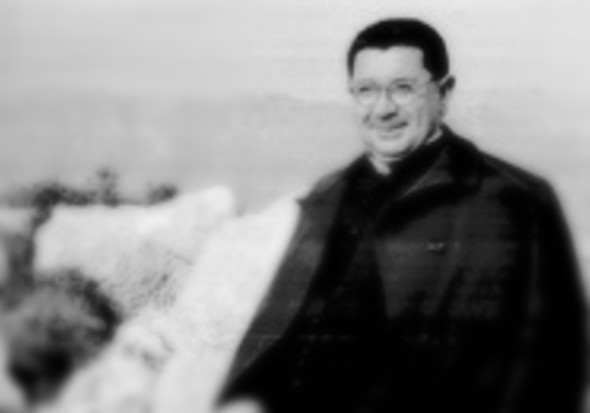

Loading...














The yarmulke hides the bald spot on my goische skull
as I watch my new son-in-law's size 13
stomp down on the linen-swathed wineglass.
My daughter looks radiant, no other word
for it, gowned in white satin the color of light.
We're surrounded by Jews dressed in black
like the night, like the streets of Manhattan,
whose young men will soon bear me up
on a chair like a floating throne
over the circle clapping and singing.
I didn't expect to feel so bereft. I've eaten
roast duck at the rehearsal dinner, listened
to the cantor's plangent tones, stood by
while the two signed the ornate katuba,
gold leafed promise unscrolled
like a map of the world.
My small wan gaggle of distant family
clumps together next to the aisle,
divorced, remarried, adopted, nervous:
our dead father's third wife coughing behind
my step-children, ex-wife, half-brothers, motley,
ragged, one nephew wearing a baseball cap.
When the groom lifts the veil from her
delicate temples, I'm thinking someone
should warn them: a future of funerals, car
payments, taxes, kids throwing up in the night.
It's a job you mostly won't know how
to do, your naked arm deep in a jammed
kitchen sink, burnt rinds of eggplant crazily adrift.
Your children will lift their small faces
toward you and give you reason
to weep, and if you manage to stay together
you'll lie down like strangers back to back
falling away from each other to sleep.
Above us the moon looks speckled, torn,
fluttering over the courtyard
and I'm dazed by the perfume rising up
from this fleshy rose pinned to my worsted lapel.
I'm swallowing down the thick nuptial wine,
getting ready to dance all night.
Joseph Millar's first collection, Overtime (2001) was a finalist for the Oregon Book Award. A second collection, Fortune, appeared in 2007, and a third, Blue Rust, is due out this fall (2011) from Carnegie-Mellon. Millar grew up in Pennsylvania, attended Johns Hopkins University, and spent 25 years in the San Francisco Bay area working at a variety of jobs, from telephone repairman to commercial fisherman. It would be two decades before he returned to poetry. His poems — stark, clean, unsparing — record the narrative of a life fully lived among fathers, sons, brothers, daughters, weddings and divorces, men and women.
His work has won fellowships from the National Endowment for the Arts and a 2008 Pushcart Prize and has appeared in such magazines as DoubleTake, TriQuarterly, The Southern Review, APR, and Ploughshares. In 1997, he gave up his job as telephone installation foreman to try his hand at teaching. After five years at Oregon State University, Millar now teaches at Pacific University's Low Residency MFA and lives in Raleigh, North Carolina.